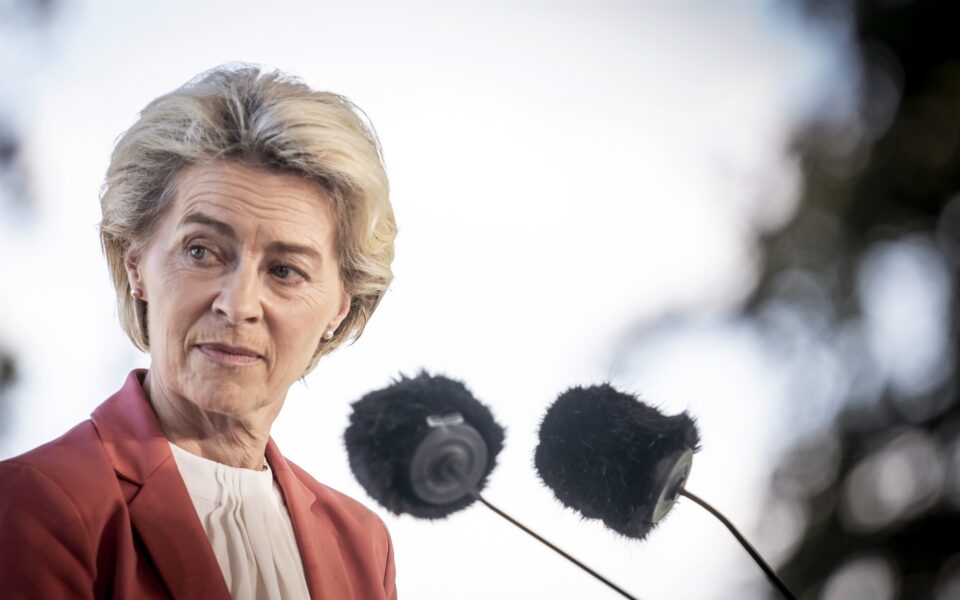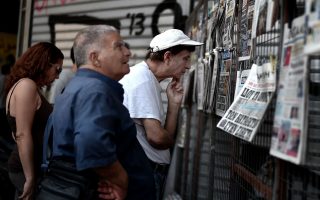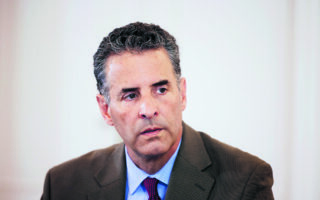Greece unfazed by European energy concerns

Most of Europe is bracing for a tough winter. The war continues to rage in Ukraine and the Kremlin has transformed it into an energy weapon aimed at sinking European economies into recession and creating political upheaval, to Russia’s benefit. New, more transmissible variants of the coronavirus are expected to bring a resurgence of the pandemic and climate change is exacerbating the energy crisis, testing Europe’s mostly aged infrastructure and standing in the way of emissions reduction targets. These factors together paint a rather bleak picture of what the new normal looks like – and to top it all off, the European Commission is a deer caught in the headlights.
President Emmanuel Macron has told the French to prepare for sacrifices (for many these will be greater than for others) and called on his ministers not to succumb to the sirens of populism. Berlin has introduced a radical energy savings plan with cutbacks in private consumption and is reintroducing mandatory testing and masks as of October 1 to manage the pandemic. And concern about the recession – which is a threat to even the most advanced economies – is widespread.
Greece appears to be the exception to all this. The messages it is sending is that it is protected from all sides, its economy is booming and Covid-19 is no longer a real problem. Greece, according to this relaxed narrative, is fine, and everything is under control. This is far from true, however. There’s a lot of care being given to subsidies, but the attitude is relaxed where everything else – the big and important issues – is concerned.
Take, for example, the government’s policy on energy: 12 billion euros (or 6%) of GDP will be spent on power subsidies this year, €2 billion of which will come from the budget; everyone will benefit, rich and poor, main residences and holiday homes. No effort is being made to contain electricity consumption, which is simply the right thing to do right now, given that natural gas supplies – and, as a result, power production capabilities – are far from guaranteed. Nothing is being done to bolster transportation and distribution networks either, even though energy from renewable sources can be produced but not adequately transported and what transport networks we do have leak 17% of their load in the process – double the European average.
We are seeing the kind of complacency today that was cultivated (in much of society and also the government) by the misguided notion that any crisis can be dealt with by throwing money at it, that you can take money from the cushion created by former alternate finance minister Giorgos Houliarakis, you can tap the markets which are happy to buy Greek bonds they can then dump into the lap of Christine Lagarde, and you can start throwing around billions of euros without rhyme or reason. And when the markets stop, you can always pick up more money from taxes. But what happens when time and money run out?





